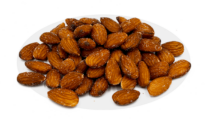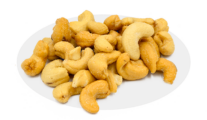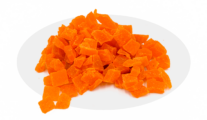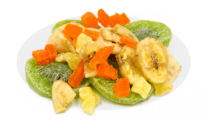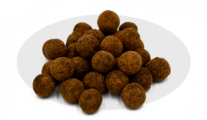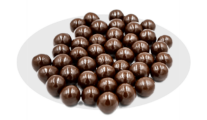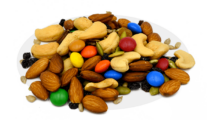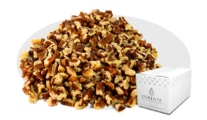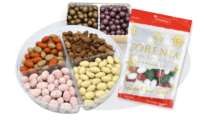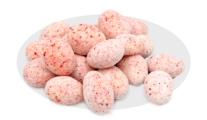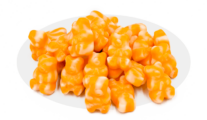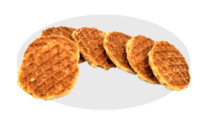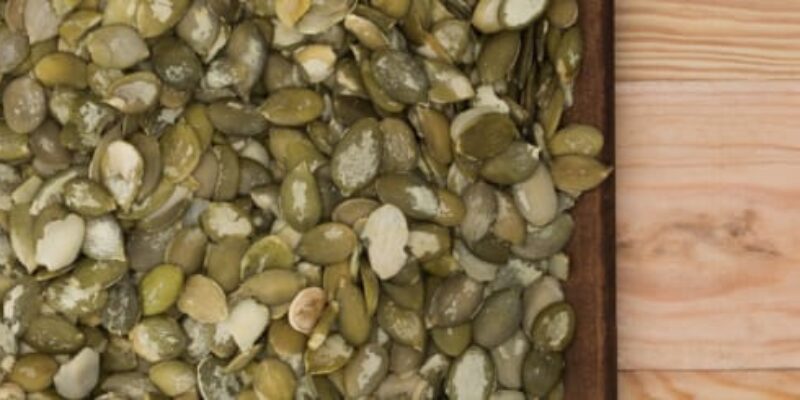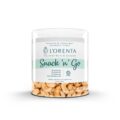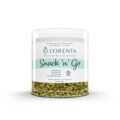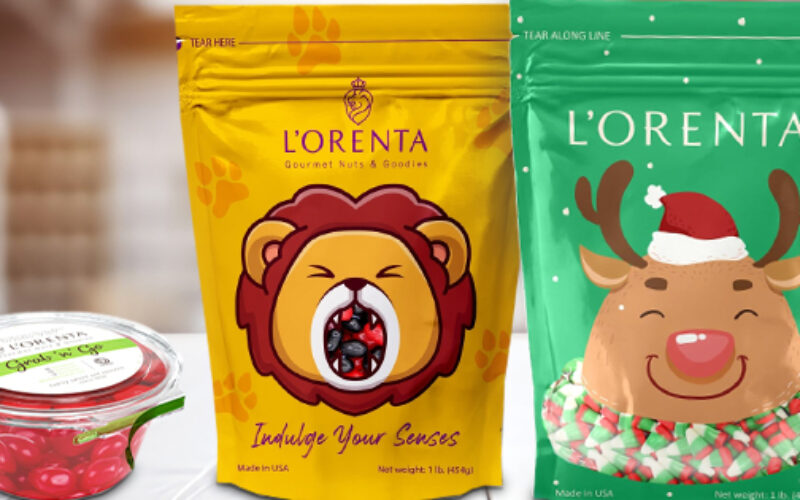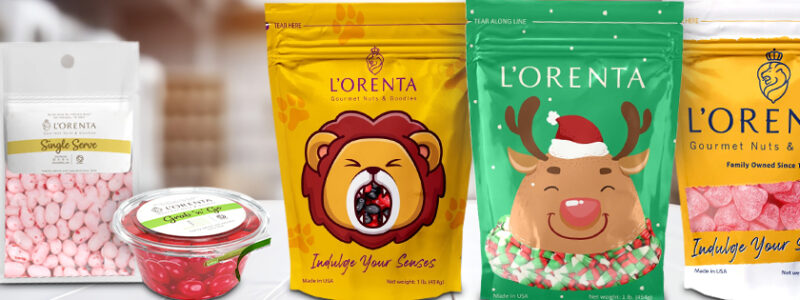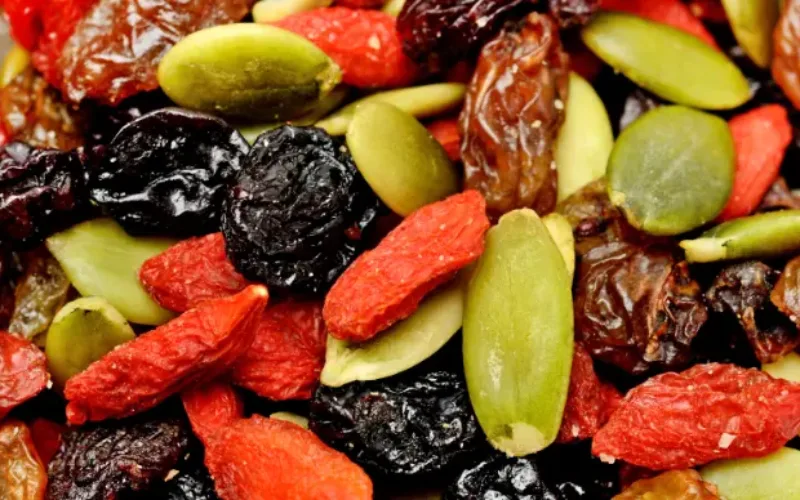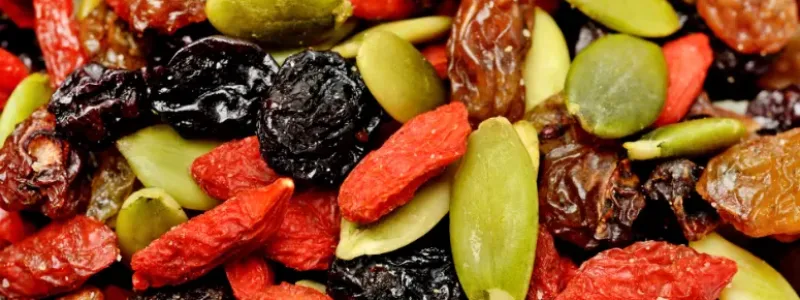Written By Sam Henselijn
Nutrition and Benefits of Pumpkin Seeds vs Cashews. Nuts and seeds are some of the most popular easy-snacks. Convenient, highly portable, tasty, and good for you: what’s not to like, right? You probably have your favorites, but have you ever wondered which nuts and seeds are the most nutritious? How do cashews compare to pumpkin seeds, for example? Keep reading to find out the Nutrition and Benefits of Pumpkin Seeds vs. Cashews
Cashews vs. Pumpkin Seeds
Let’s take a closer look at the nutritional facts for both cashews and pumpkin seeds. The amounts listed are per 100g.
RAW CASHEWS NUTRITION FACTS
Calories 553kcal
Carbohydrates 30g
Dietary Fiber 3.3g
Total Fat 44g
Saturated Fat 7.8g
Sodium 12mg
Protein 18g
Iron 6.7mg
Magnesium 292mg
Potassium 660mg
Copper 2.2mg
Manganese 1.7mg
Zinc 5.8mg
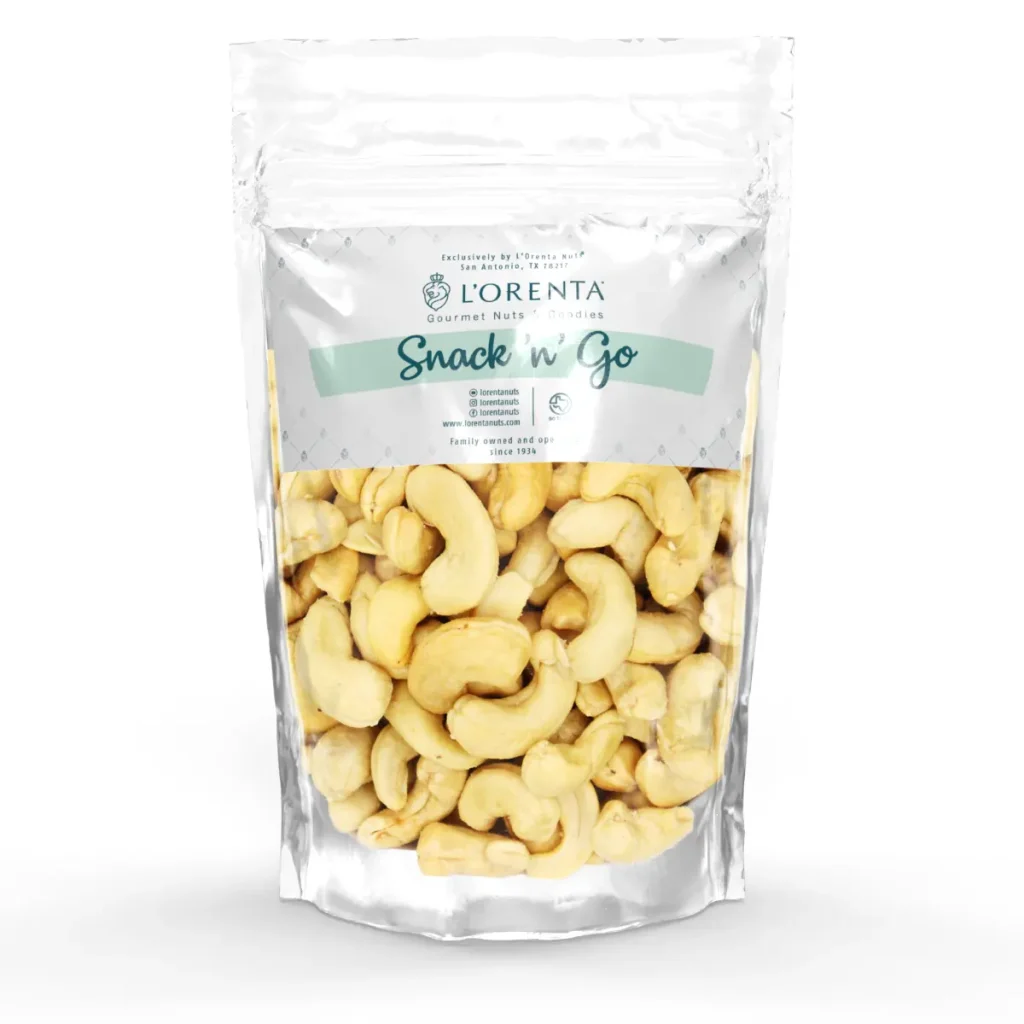
ROASTED UNSALTED PUMPKIN SEEDS NUTRITION FACTS
Calories 446kcal
Carbohydrates 54g
Dietary Fiber 18g
Total Fat 19g
Saturated Fat 3.7g
Sodium 18mg
Protein 19g
Iron 3.3mg
Magnesium 262mg
Potassium 919mg
Copper 0.69mg
Manganese 0.5mg
Zinc 10mg
Health Benefits of Cashews
Nuts taste absolutely delicious all on their own as a little snack.
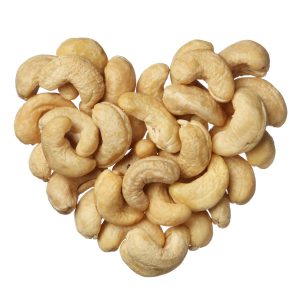
But they’re also higher fiber sources of protein and healthy fats. Cashews, curiously, aren’t a true tree nut. They’re actually closer to legumes, being
part of the drupe family. Nonetheless, cashews hold some incredible health benefits, even more than other albums and seeds. These nuts are incredibly good sources of iron, magnesium, Vitamin B6, and monounsaturated fats.
Nutrition and Benefits of Pumpkin Seeds vs Cashews
Health Benefits of Pumpkin Seeds
Likewise, pumpkin seeds are also great sources of iron, protein,
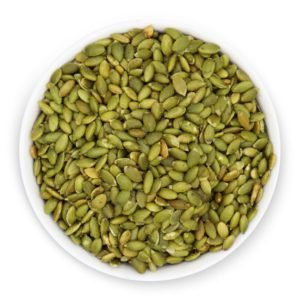
magnesium, and fiber. All in all, these seeds have an impressive nutrient profile. Besides the ones previously mentioned, pumpkin seeds contain other minerals that reduce risk factors of chronic diseases, including cancer. Furthermore, they are rich in many antioxidants. A fact that can protect our cells from disease-causing damage and reduce inflammation in our bodies.
Zinc
Zinc is an essential mineral. It serves several functions in our bodies, including protein synthesis, wound healing, DNA synthesis, and cell division. Zinc is especially important to those on vegetarian and vegan diets. That’s because some anti-nutrients like phytates limit the bioavailability and absorption of zinc from plant foods. Nevertheless, some nuts and seeds are great sources of zinc. That’s the case for both cashews and pumpkin seeds.
Pumpkin seeds, particularly, contain quite a significant amount of the mineral. A single tablespoon of pumpkin seeds has almost 1 mg of zinc!
Bone Health
Interestingly, cashews are one of the few food sources that are high in copper. One ounce of cashews contains 622 micrograms of copper. Normally, the recommended intake of copper for an adult is 900 micrograms every day.
That is important since copper deficiency is associated with lower bone mineral density and an increased risk of osteoporosis. Copper also plays a key role in the maintenance of collagen and elastin, two necessary structural components of our bodies.
Nutrition and Benefits of Pumpkin Seeds vs. Cashews Conclusion
In sum, both are highly nutritious snacks that offer you a multitude of benefits, but each has its highlights:
-Both cashews and pumpkin seeds are high in calories. At the same time, they contain good amounts of dietary fiber, iron, and potassium.
-Cashews and pumpkin seeds are two great sources of plant-based protein.
-Cashew nuts have more thiamin, niacin, pantothenic acid, Vitamin B6 and folate.
-Pumpkin seeds are a great source of calcium.
-Cashews may be fatty, but a lot of their fat comes from stearic acids. Experts believe that can have a neutral impact on blood cholesterol. In fact, people who eat a small serving of cashews every day may see a minor reduction in LDL “bad” cholesterol.
-Pumpkin seeds are high in magnesium. Most people don’t get enough of in their diet, but magnesium can help regulate blood sugar levels, lowering your diabetes risk.
– Recent studies show pumpkin seeds could possibly stall the growth of breast and prostate cancer cells.
Are pumpkin seeds better for you than nuts?
Both pumpkin seeds and nuts offer distinct health benefits. Pumpkin seeds are rich in magnesium and antioxidants, while nuts, like almonds and walnuts, provide heart-healthy monounsaturated fats. Including a variety of both in your diet ensures a diverse nutrient intake, contributing to overall health. Moderation and balance are key for optimal nutrition.
Sam Henselijn Author’s Biography – Meet L’Orenta Nuts CEO
Copyright 2024 L’Orenta Nuts
L’Orenta Nuts proudly holds the SQF food safety certification, symbolizing our unwavering dedication to upholding the highest standards of food safety and quality. This certification guarantees that our products undergo rigorous scrutiny, ensuring transparency, traceability, and adherence to global food safety regulations for the utmost consumer confidence.
L’Orenta Nuts has the HACCP (Hazard Analysis and Critical Control Points) certification is a systematic approach to identifying, evaluating, and controlling food safety hazards. It ensures that food products are produced and handled in a manner that minimizes risks and complies with safety standards.
Our GMP (Good Manufacturing Practices) certification ensures that a manufacturing facility adheres to comprehensive quality and safety standards while producing pharmaceuticals, food, and other consumer goods, promoting consistency, quality, and compliance with regulatory requirements.
L’Orenta is an FDA-approved manufacturing facility and has met the rigorous standards set by the U.S. Food and Drug Administration. It demonstrates compliance with regulations, ensuring the production of safe and high-quality food products.


